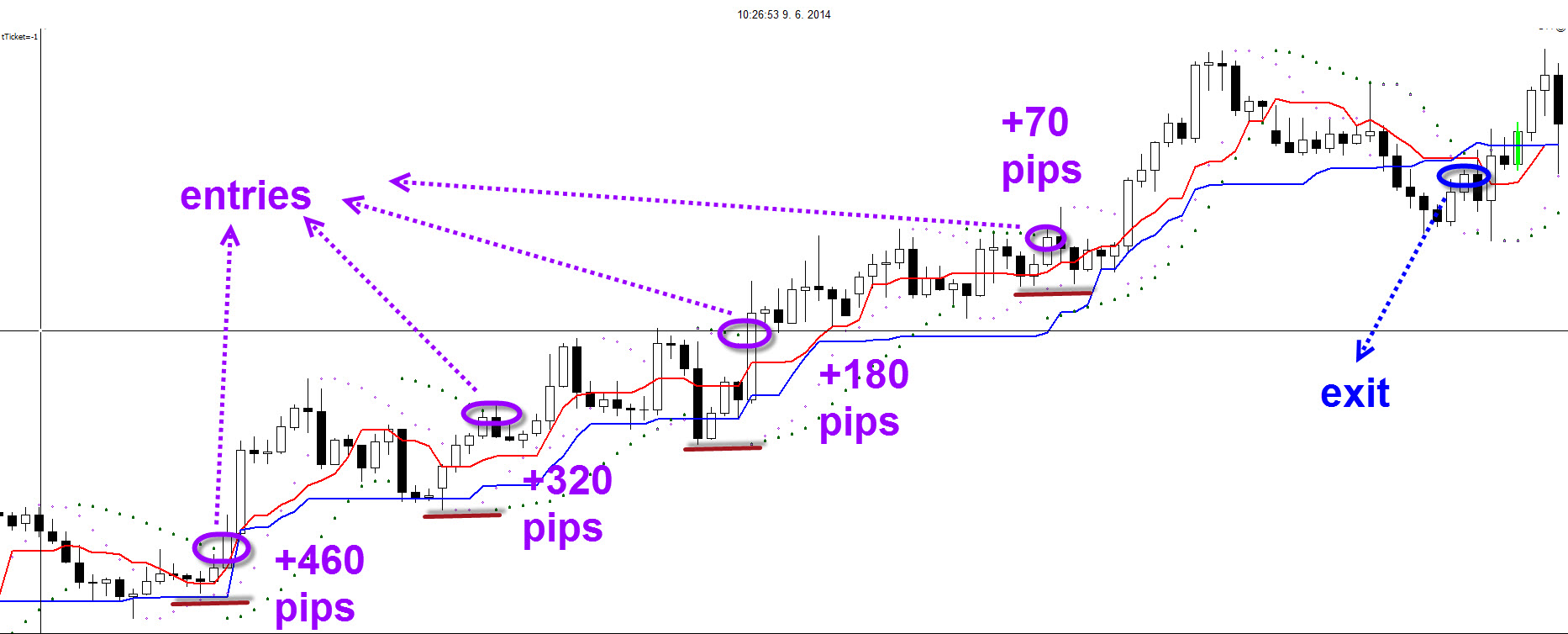Apple's Influence On Google's Market Position

Table of Contents
The iOS Ecosystem and Search Engine Competition
Apple's Default Search Engine and Revenue Sharing
Google's position as the default search engine on iOS devices is a crucial aspect of Apple's influence on Google's market position. This arrangement isn't altruistic; Google pays Apple billions annually for this privilege. Reports suggest this payment reached over $15 billion in 2022. This substantial sum highlights Apple's leverage and the financial implications for Google. Alternative search engines like DuckDuckGo or Bing struggle to gain significant traction on iOS due to this default setting, limiting their reach and impacting their market share. The sheer scale of Google's payments also raises potential antitrust concerns, a debate continuously fueled by Apple's market power.
- Google's annual payments to Apple are in the billions, solidifying Apple's economic leverage.
- Alternative search engines lack visibility on iOS, hindering their growth and challenging Google's dominance.
- The financial arrangement between Apple and Google is a subject of ongoing antitrust scrutiny.
Privacy Concerns and User Behavior
Apple's increasing focus on user privacy, embodied in features like App Tracking Transparency (ATT), directly challenges Google's advertising business model. Google's revenue stream heavily relies on tracking user data for targeted advertising. ATT, which requires users to opt into tracking, significantly impacts Google's ability to collect this data.
- ATT limits Google's access to user data for targeted advertising, reducing ad revenue potential.
- Users are increasingly opting out of tracking, reflecting a shift in user behavior driven by privacy concerns.
- This change necessitates Google's adaptation towards privacy-preserving advertising methods, impacting its overall advertising efficiency.
Competition in the Mobile Operating System Market
iOS vs. Android: A Market Share Battle
The mobile OS market is a key arena where Apple's influence on Google's market position is evident. While Android holds a larger global market share, iOS boasts a significantly higher average revenue per user (ARPU). Apple’s strong presence, particularly in high-value markets, limits Google's potential reach and revenue. This disparity is notable across various regions, particularly in North America and Western Europe, where iOS enjoys a substantial lead. The implications extend to app developers, who must strategize for both platforms, often prioritizing iOS development due to its higher profitability.
- While Android dominates globally, iOS commands a significant share, especially in affluent markets.
- Higher ARPU on iOS incentivizes app developers to prioritize this platform, potentially affecting app availability and features on Android.
- Regional disparities in market share impact Google's overall revenue generation and market penetration.
Apple's Hardware Integration and Ecosystem Lock-in
Apple's tightly integrated hardware and software ecosystem presents a substantial barrier to entry for Google services and Android devices. The seamless user experience fostered by this integration makes switching to Android a significant hurdle for many users. This "ecosystem lock-in" benefits Apple, limiting Google's ability to expand its services within the Apple ecosystem.
- The cohesive Apple ecosystem creates a strong user loyalty, making it difficult for Google services to penetrate.
- Google faces challenges in integrating its services effectively within the closed Apple ecosystem.
- This lock-in effect reinforces Apple's market dominance and limits Google's expansion potential.
The App Store and Google's App Ecosystem
App Store Policies and Competition
Apple's App Store policies and review process directly impact the competitiveness of Google's apps and services. The commission structure on in-app purchases and Apple's stringent review process create hurdles for Google. Conflicts have arisen regarding app store policies, influencing Google's app revenue and market positioning.
- Apple's app store commission impacts Google's revenue from in-app purchases.
- Strict app store policies create regulatory hurdles for Google app development and updates.
- The ongoing tension reflects a competition for dominance in the app ecosystem.
Alternative App Stores and Their Impact
The rise of alternative app stores, though still relatively small, represents a potential challenge to Apple's dominance and, subsequently, impacts Google's position. These alternative stores offer different commission structures and potentially less stringent review processes. Their growth, however small at present, could disrupt the existing power dynamics between Apple and Google.
- Alternative app stores offer a potential path to circumvent Apple's control and commissions.
- Increased competition from alternative app stores could weaken Apple's market position, indirectly benefiting Google.
- The long-term impact of alternative app stores on both Apple and Google's market share remains to be seen.
Conclusion: Apple's Enduring Influence on Google's Market Position
This analysis reveals the significant and multifaceted nature of Apple's influence on Google's market position. Apple's actions in search, mobile operating systems, and app stores create considerable challenges for Google, impacting its revenue streams, market share, and overall competitive landscape. The key takeaway is that Apple's strategic moves are not just competitive actions; they actively shape the very environment in which Google operates. We encourage further research into Apple's influence on Google's market position, and invite you to share your thoughts on the evolving dynamic between these tech behemoths. Explore further reading on antitrust issues in the tech industry to gain a deeper understanding of this complex relationship.

Featured Posts
-
 Unlocking Profitable Dividends A Simple Strategy
May 11, 2025
Unlocking Profitable Dividends A Simple Strategy
May 11, 2025 -
 Mc Gregor Channels His Inner Aldo Bkfc Event And Press Conference Recreation
May 11, 2025
Mc Gregor Channels His Inner Aldo Bkfc Event And Press Conference Recreation
May 11, 2025 -
 Canadas Leading Natural Gas Producer Strategies For Continued Success
May 11, 2025
Canadas Leading Natural Gas Producer Strategies For Continued Success
May 11, 2025 -
 Pritchards Historic Win Boston Celtics Sixth Man Of The Year
May 11, 2025
Pritchards Historic Win Boston Celtics Sixth Man Of The Year
May 11, 2025 -
 Who Will Be The Next Pope Leading Contenders For The Papacy
May 11, 2025
Who Will Be The Next Pope Leading Contenders For The Papacy
May 11, 2025
